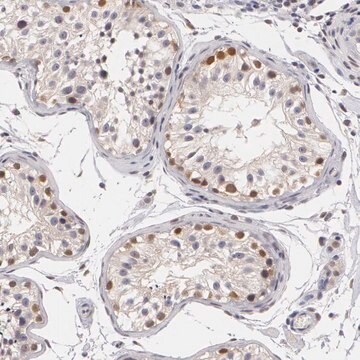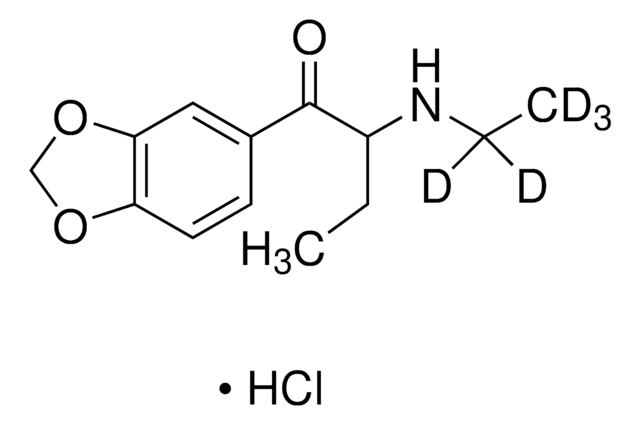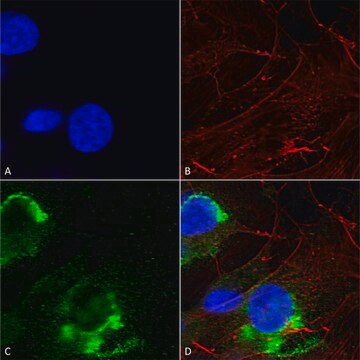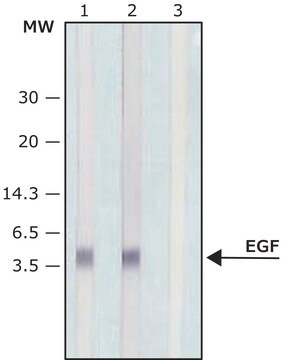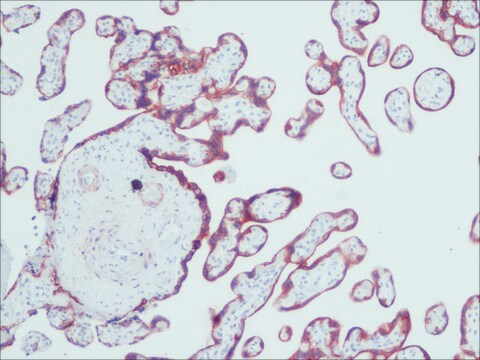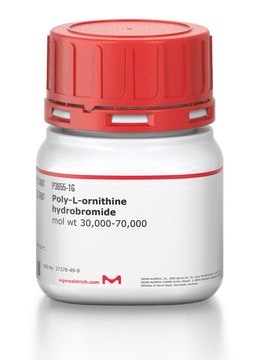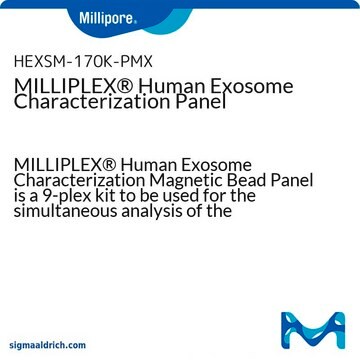MABC1036
Przeciwciało anty-EphA7, klon 2F3.1
clone 2F3.1, from mouse
Synonim(y):
Ephrin type-A receptor 7, EHK-3, EK11, EPH homology kinase 3, EPH-like kinase 11, hEK11, Receptor protein-tyrosine kinase HEK11, Tyrosine-protein kinase receptor EHK-3
About This Item
Polecane produkty
pochodzenie biologiczne
mouse
Poziom jakości
forma przeciwciała
purified immunoglobulin
rodzaj przeciwciała
primary antibodies
klon
2F3.1, monoclonal
reaktywność gatunkowa
human
metody
western blot: suitable
izotyp
IgG2aκ
numer dostępu NCBI
numer dostępu UniProt
Warunki transportu
wet ice
docelowa modyfikacja potranslacyjna
unmodified
informacje o genach
human ... EPHA7(2045)
Opis ogólny
Specyficzność
Immunogen
Zastosowanie
Apoptosis & Cancer
Cytokines & Cytokine Receptors
Jakość
Western Blotting Analysis: 0.5 µg/mL of this antibody detected EphA7 in 10 µg of MCF-7 cell lysate.
Opis wartości docelowych
Postać fizyczna
Przechowywanie i stabilność
Inne uwagi
Oświadczenie o zrzeczeniu się odpowiedzialności
Nie możesz znaleźć właściwego produktu?
Wypróbuj nasz Narzędzie selektora produktów.
Kod klasy składowania
12 - Non Combustible Liquids
Klasa zagrożenia wodnego (WGK)
WGK 1
Temperatura zapłonu (°F)
Not applicable
Temperatura zapłonu (°C)
Not applicable
Certyfikaty analizy (CoA)
Poszukaj Certyfikaty analizy (CoA), wpisując numer partii/serii produktów. Numery serii i partii można znaleźć na etykiecie produktu po słowach „seria” lub „partia”.
Masz już ten produkt?
Dokumenty związane z niedawno zakupionymi produktami zostały zamieszczone w Bibliotece dokumentów.
Nasz zespół naukowców ma doświadczenie we wszystkich obszarach badań, w tym w naukach przyrodniczych, materiałoznawstwie, syntezie chemicznej, chromatografii, analityce i wielu innych dziedzinach.
Skontaktuj się z zespołem ds. pomocy technicznej
